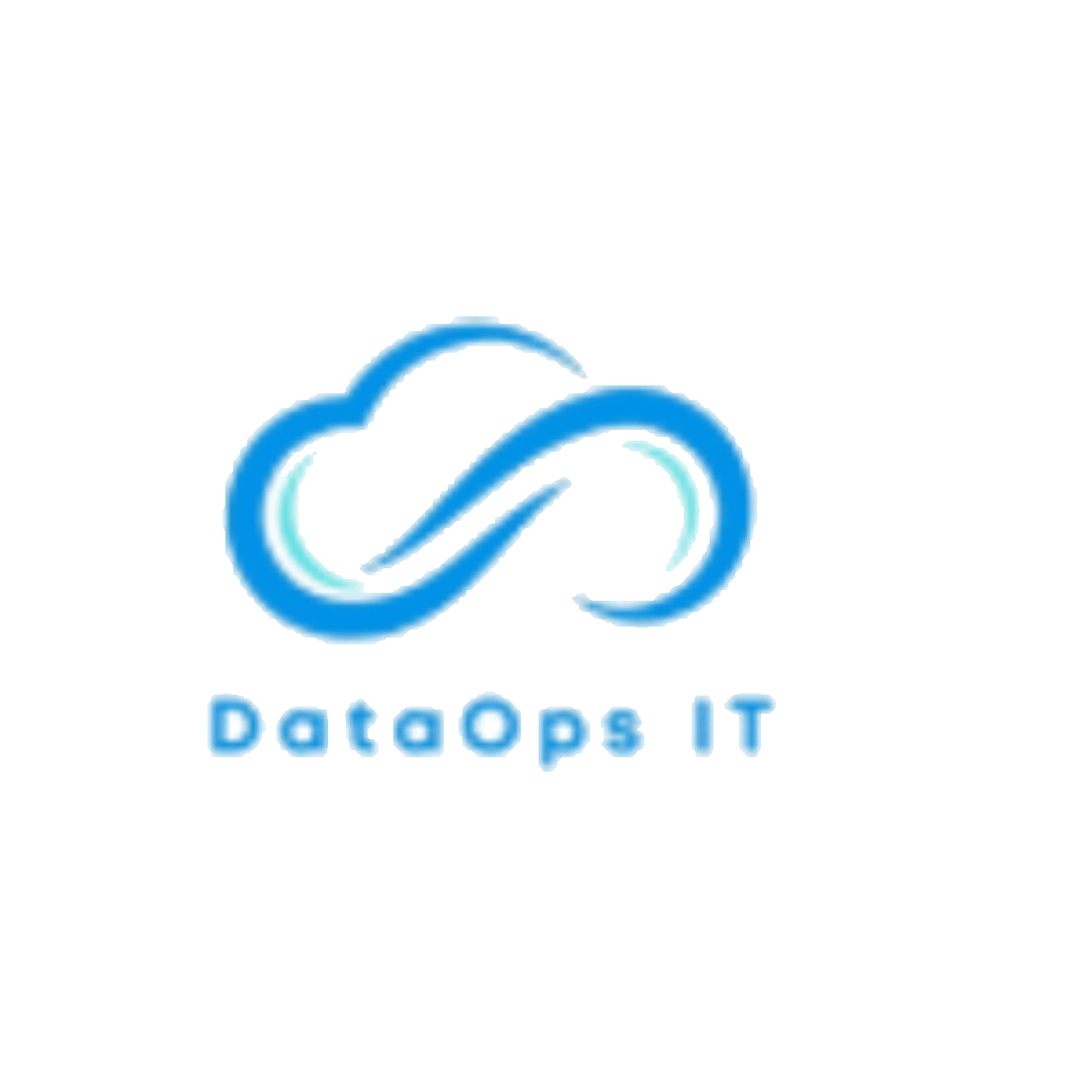AWS vs Google Cloud 2025 – DataOps IT

Starting a company today comes with one major advantage—you don’t need to buy bulky servers or rent a physical data center. Thanks to cloud platforms like AWS and Google Cloud, startups can launch, grow, and scale with just a few clicks. But as the cloud ecosystem evolves in 2025, a common question many founders face is:
“Should I go with AWS or Google Cloud?”
Both are powerful, trusted platforms. But for startups, the choice isn’t just about who’s bigger or more popular. It’s about who fits your needs, budget, and growth plan best.
Let’s break it down in a human, simple way—without all the tech jargon.
Why Cloud Choice Matters for Startups?
Startups move fast. You’re building a product, trying to acquire customers, and keeping costs low—all at the same time. The cloud provider you choose becomes the backbone of your entire business. From hosting your website or app to managing your data and deploying new features, your cloud platform influences your speed, reliability, and even your bottom line.
That’s why the AWS vs. Google Cloud debate is so important for early-stage teams. You need something powerful, scalable, affordable, and easy to manage—especially if you don’t have a big tech team (yet).

AWS in 2025: Still the Giant, Still Reliable
Amazon Web Services (AWS) has been the industry leader for years—and in 2025, it continues to hold that position. Startups love AWS because of its massive global infrastructure, wide range of services, and strong reputation for performance and reliability.
You’ll find everything on AWS—from virtual servers (EC2) and storage (S3) to AI, analytics, machine learning tools, and more. Its ecosystem is vast, which is both a strength and a challenge. For technical teams, AWS provides total control. But for non-technical founders, it can sometimes feel overwhelming.
One great advantage AWS offers is its generous startup credits through AWS Activate. If accepted into the program, you can receive up to $100,000 in credits, depending on your accelerator or VC partnership. That’s a big win if you’re trying to keep costs low while experimenting and growing.
By 2025, AWS has improved its user experience and made strides in simplifying its dashboard, but it’s still geared more toward experienced developers and DevOps teams.
Google Cloud in 2025: Developer-Friendly and AI-First
Google Cloud Platform (GCP) has been playing catch-up for a few years—but in 2025, it’s finally carved out a space where it shines. Startups that are building AI-first applications or heavily rely on data analytics often find Google Cloud a better fit.
Why? Because it offers seamless integration with tools like BigQuery for data warehousing and Vertex AI for building and deploying machine learning models. Google has also leaned heavily into automation and simplicity—two things startup teams crave.
Google Cloud’s interface is clean, its documentation is easier to follow for newcomers, and its pricing is more transparent in many cases. It also plays nicely with open-source tools and frameworks, which helps you avoid vendor lock-in—a big consideration when you want the flexibility to pivot or scale.
Pricing: The Most Crucial Thing
Let’s talk money—because as a startup, you’re watching every rupee, dollar, or euro you spend.
At first glance, Google Cloud often looks cheaper. It offers per-second billing, sustained use discounts, and more straightforward pricing models. For small workloads or projects that run 24/7, this can lead to meaningful savings.
AWS, while not the cheapest on paper, becomes more cost-effective if you commit to longer usage (through reserved instances or savings plans). But figuring out the pricing structure can be confusing if you’re new to cloud platforms. It takes a bit of learning and planning to avoid unexpected bills.
In 2025, both providers have improved their cost optimization tools—Google Cloud’s Cost Table Reports and AWS’s Cost Explorer are more intuitive now—but Google still wins slightly in simplicity.

Performance, Speed, and Global Reach
In terms of infrastructure, AWS is still ahead in global reach. It has the most number of data centers and regions worldwide, which helps with low latency, fast content delivery, and compliance in various countries.
Google Cloud is catching up, but for startups serving a truly global user base from day one, AWS might give you better performance and fewer compliance headaches in certain regions.
That said, both platforms offer strong performance, and if your customers are concentrated in a few regions, you might not notice much difference.
Which Is Easier to Use?
Here’s where it depends on your team.
If you’re working with experienced cloud engineers or developers who’ve used AWS before, it might make sense to stick with what they know. But if you’re a small team without much technical expertise, Google Cloud might feel more accessible from day one.
Its simple interface, clean dashboard, and helpful recommendations make it easier for non-experts to deploy apps, set up databases, or even experiment with AI models.
Plus, Google’s strong documentation and developer-first approach mean you’ll spend less time troubleshooting and more time building.
Security and Compliance
Both platforms take security seriously. AWS has a long track record and compliance with almost every major industry standard. Google Cloud matches that in 2025 and even excels in data privacy, especially for companies working in Europe or handling sensitive data.
Ultimately, both are safe and secure choices, provided you configure your services properly.
So, Which Cloud Platform is Better for Startups in 2025?
There’s no one-size-fits-all answer. But here’s a simple way to decide:
- Choose AWS if you want deep customization, global infrastructure, and access to every cloud service imaginable. It’s great for tech-heavy teams and high-growth startups preparing to scale fast.
- Choose Google Cloud if you’re looking for simplicity, strong AI and data tools, and an easier learning curve. It’s ideal for early-stage founders who want to move quickly without getting bogged down in complexity.
Final Thoughts: Make a Smart Start
As a startup, you don’t need to over-engineer your cloud strategy from day one. Focus on what helps you build and test fast, supports your core features, and fits your budget.
Both AWS and Google Cloud offer free tiers, startup credits, and flexible services. Whichever you choose, make sure you’re also thinking about cost control, ease of use, scalability, and support—because those will matter far more in the long run than just picking the biggest name.
Still unsure? Test both. Try hosting a small project on each, compare the experience, and see what feels right. The best cloud for your startup is the one that helps you grow without slowing you down.

